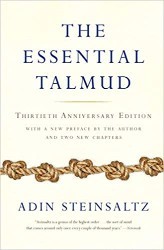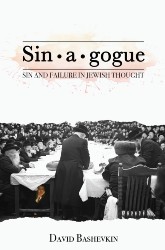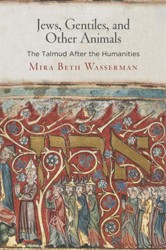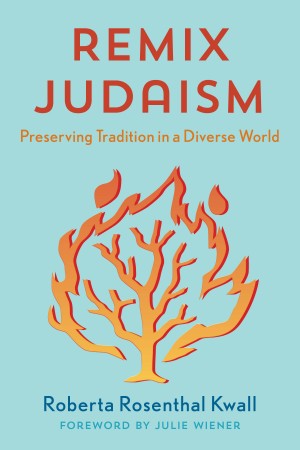The Talmud, Judaism’s magnum opus of Jewish thought, continues to challenge Jewish learners with its terse language and complex argumentation. Jeffrey L. Rubenstein’s The Land of Truth: Talmud Tales, Timeless Teachings seeks to make the aggadic (non-legal) Talmud more accessible by offering an annotated reading of selected texts, organized around three major themes.
The Land of Truth is intended for readers who wish to explore the Babylonian Talmud’s understanding of the human experience. It is divided into three parts and is designed to be used for individual or group study. Part One explores Judaism’s philosophy on aging, family relationships, suffering, and illness. The second part explores the principles that make for moral life, including compassion, humility, and Torah study. The relationship between the individual and larger society is the focus of Part Three.
Rubenstein explores Rabbinic Judaism’s complex, inconsistent, understanding of the importance of being grounded in this world, versus the centrality of a belief in the afterlife, the world-to-come. The author presents a text from Ta’anit 22a, which tells the story of Rabbi Baroqa, who is standing in a market with Elijah the Prophet considering who will enter the world-to-come. As people pass in the market, Elijah identifies a jailer and a pair of jesters as worthy, despite them seeming less qualified for the afterlife. Through this exchange, Rabbi Baroqa learns both that appearances are deceiving and that those who practice heroism and humor are equally worthy of a place in the world-to-come. Rubenstein’s analysis of this story includes several additional Talmudic texts and concludes by drawing a connection to the work of Holocaust survivor Viktor Frankl and the civil disobedience of refusnik Natan Sharansky.
The end of the book offers a close reading of the well-known story of a gentile who approaches Hillel and Shammai for conversion. Rubenstein draws a parallel between the story’s message and an approach to Talmud study as a whole. He suggests that just as Hillel’s response is intended to engage the convert and encourage further study, the author’s book is an invitation to a lifetime of engagement with the timeless wisdom of the Talmud.
The Land of Truth is entertaining and thought-provoking. It effectively draws the reader into the world of Talmud study while also connecting this ancient text to modern ideas and ideals. Rubenstein makes the central lessons of the Talmud accessible, compelling, and meaningful for a contemporary reader. Both the novice and advanced student of Jewish studies will appreciate the author’s clear writing and insightful analysis of what is often considered the most important treatise on Jewish life.





